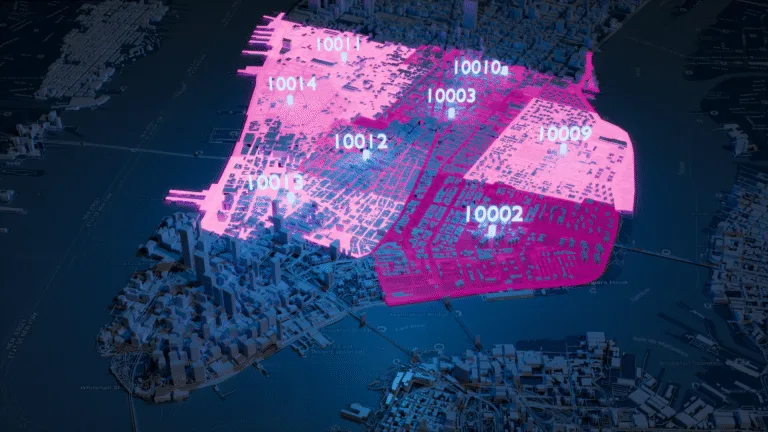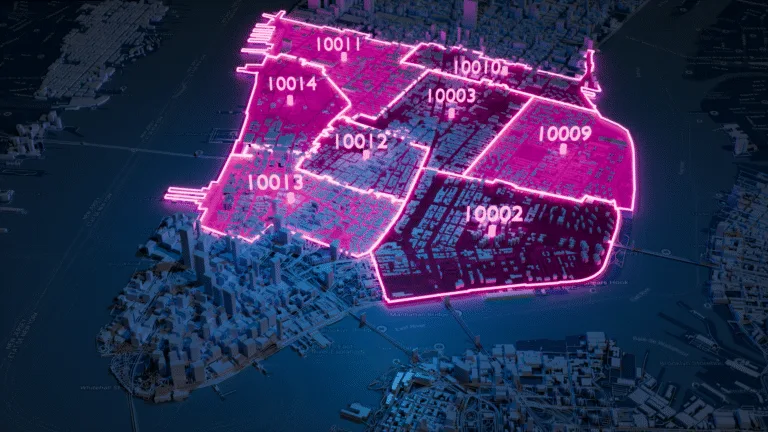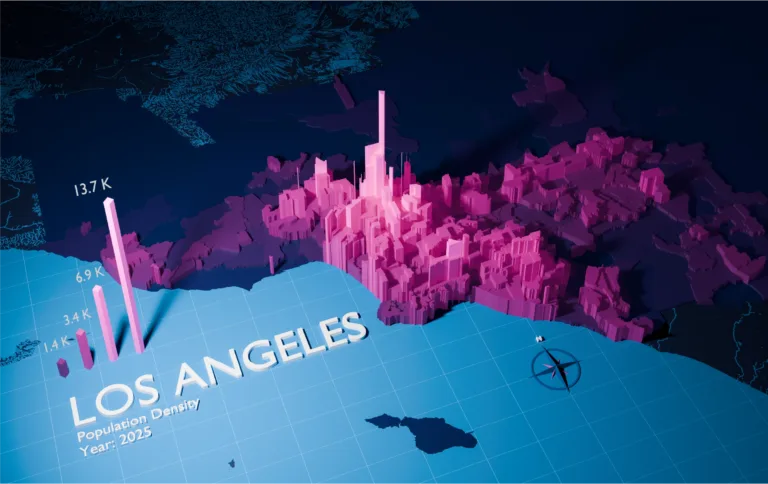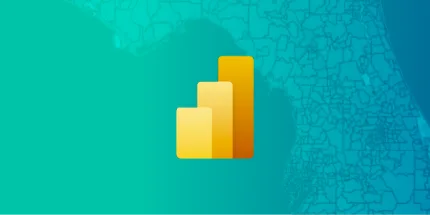The most comprehensive world
postal code database
Complete, accurate, and always up-to-date


Our Products
Postal data for every enterprise
Worldwide Postal Database
Boundary Data
A global dataset of polygons representing postal codes and administrative areas.
Address Database
Population Database
GLOBAL COVERAGE
Most Popular Countries for ZIP Code Data
Explore our top countries for ZIP code data. You can also visit the country hub to view all available countries.
All postal code data you need
Since 2009, we’ve mapped the world postal codes so you don’t have to.
Years of accumulated insights have helped us to develop our unified, proprietary database containing the most extensive world postal dataset worldwide.
It comes with advanced features, including support for multilingual and cross-cultural operations.
All data are fully georeferenced, available in normalized and denormalized formats, and easy to import into any software, database, or GIS system for maximum interoperability.
247 Countries
316K Administrative areas
9,3M Postal/Zip codes
4M Cities and Towns
116K UNLOCODES
15,9M Coordinates
299 Languages
880K Boundaries
401 Time zones
29M Street section coordinates
Trusted by industry leaders
Join more than 100 enterprise clients who trust GeoPostcodes for their location data
Anjo Grebe
Consultant


Dr. Peter Wild
Managing Partner

Kousha Mazloumi
Director of Data Science

Kousha Mazloumi
Director of Data Science

William Chao
Product Owner of Geographic Information Services


Kate Kilby
Senior Product Manager

Dave Hamm
Project Manager

Kavian Ranjbar
Data Governance Specialist

Nick Beaugié
Senior Software Engineer
Customer stories
Retrieve and validate postal data from anywhere in the world. Instantly available through ERP/TMS integration.

100% customizable address autocomplete experience, reliable geocoordinates for address matching, and improved customer experience.

Confidently map zip codes within the boundaries of damaged areas to mitigate avoidable losses for their customers.
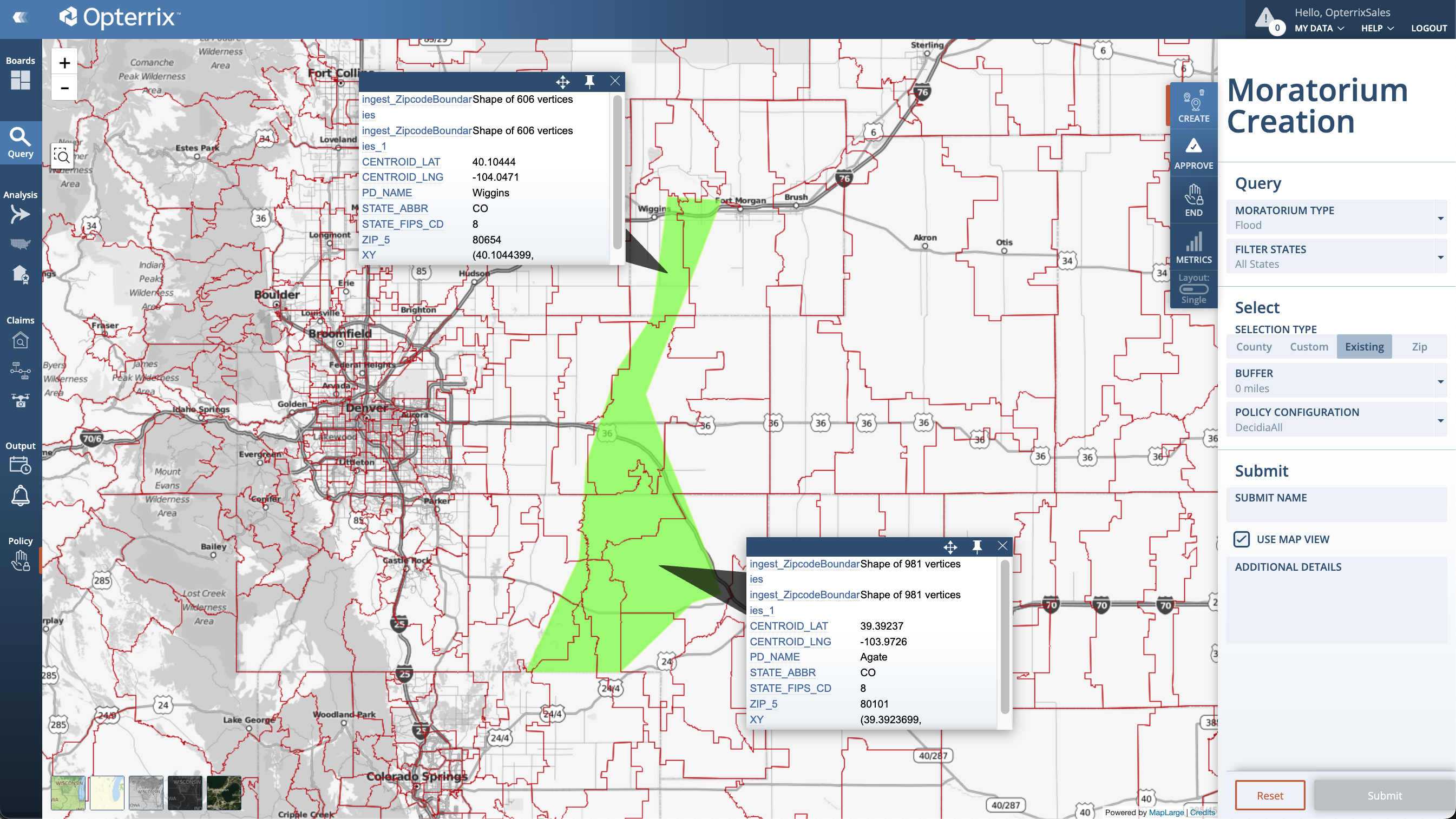
Generate more accurate matches based on the city’s coordinates. Employ multi-language filters to identify address names in countries with more than one official language.

Match and validate addresses using accurate, reliable, up-to-date postal data with geo coordinates.
Confidently map zip codes within the boundaries of damaged areas to mitigate avoidable losses for their customers.
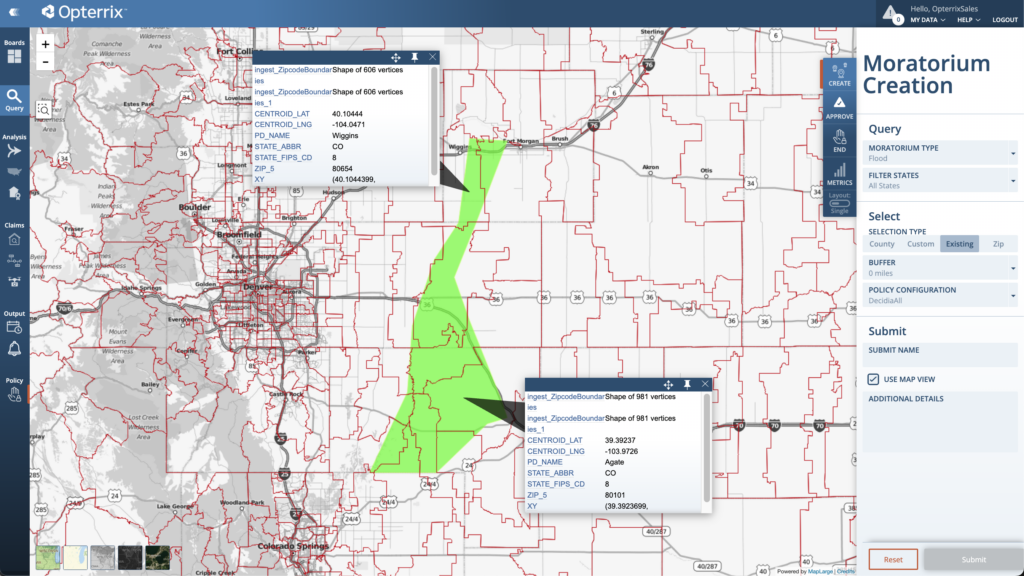
Generate more accurate matches based on the city’s coordinates. Employ multi-language filters to identify address names in countries with more than one official language.

Retrieve and validate postal data from anywhere in the world. Instantly available through ERP/TMS integration.
Why choose GeoPostcodes
Global coverage
Complete coverage across 247 countries, including hard-to-source geographies like China, Japan, Brazil, and Russia.
Highest quality
Built on extensive, authoritative sourcing with robust data engineering and quality control. Standardized and up-to-date.
Expert Consulting
With 15 years of experience, we guide your implementation and deliver data in the format that fits your system.
8,5 million world postal codes
in a single downloadable database
Designed for
enterprise integration
up-to-date
Complete, accurate
and always
up-to-date
Tackling world postal code challenges to solve enterprise use cases.
Whether improving master data quality, integrating global address validation, handling postal code systems, postal code formats, and zip code formats, or building location-aware products, enterprises struggle to access reliable global postal code and location master data.
Teams waste weeks sourcing local postal service providers, reconciling diverse dataset file formats, fixing postal code data quality, aligning zip codes and postal codes, and managing multiple languages and encodings.
GeoPostcodes simplifies global geodata, world postal code integration, and zip code normalization, so your teams can focus on core business innovation.
SOLUTIONS
Get the right data for your use case
Address Capture and Validation
Map and Visualization
Reporting and Business Intelligence
Master Data Management
Rely on a single source of truth to scale the quality of your location data. Ensure accuracy, consistency, and timeliness across your systems and organization.
Logistics and Shipping
Design and optimize your distribution network, plan your pick-up and drop-off locations, reduce costs and improve visibility over your shipping.
Market Research and Geomarketing
Segment your respondents and customers, design sales areas for site selection, retail analytics, and targeted campaigns.
Custom Package
We help you build a solution for your use-case.
Master Data Management
Logistics and Shipping
Sales & Marketing
Custom Package
Our best selection of articles for you
Accelerate your projects through dedicated integration
We take full care of the location data quality aspect of your project. This helps your team to focus on what matters most: executing on your use case. Our team has been helping enterprise customers with their ERP integrations, master data management projects, address validation, and custom product development since 2009. We leverage this experience to help you meet your deadlines in a cost-effective manner.
Frequently Asked Questions
Postal codes are standardized sequences used by postal services worldwide to organize and streamline mail delivery. These codes consist of numbers, letters, or combinations that designate specific geographic locations, from entire regions down to individual streets and even buildings.
The postal code system helps postal workers efficiently sort and deliver mail by providing a systematic way to identify destinations across different administrative divisions within each country.
A world postal code database contains millions of these codes, with location data providers such as GeoPostcodes offering comprehensive coverage of 247 countries worldwide.
You can buy world postal codes from a dedicated database provider like GeoPostcodes. We provide the most comprehensive global location database, containing ZIP codes, addresses, boundaries, and population data covering 247 countries, including hard-to-source countries like China, Japan, and Brazil. We deliver high-quality data through standardized, up-to-date datasets curated from over 1,500 authoritative sources.
With 15 years of experience, we provide expert consulting to ensure seamless implementation in your systems. Our self-hosted solution offers complete data ownership, ensuring security, compliance, and performance at a fixed cost.
We’ve been mapping the world’s postal codes since 2009. Our database covers 247 countries, 9.3M postal codes, 4M cities and towns, 116K UNLOCODEs, 9.9M coordinates, and 400 time zones.
All the data from GeoPostcodes is fully geocoded, making it easy to import into any software, database, or GIS system you’re using. Fortune 500 companies such as Amazon and DB Schenker trust our data for address validation, distance calculation, and map visualization.
A postal code and ZIP code refer to the same concept but use different terminology depending on location. ZIP codes are specifically the term used in the United States, while other countries like the UK, Germany, France, Italy, China, and Turkey use terms like “postal code”, “postcode.” or “code postal.”
Despite different names, they serve the same fundamental purpose of organizing addresses for efficient delivery services.
Postal code formats vary worldwide because each nation developed its system independently based on local needs and geographic structure. Some countries adopted simple numeric formats with specific digits, while others incorporated letters or mixed alphanumeric patterns.
The introduction of these different formats over many years reflects each country’s unique approach to organizing its territory and administrative regions.
To find a ZIP code or postal code, you can use various methods depending on your location and needs. The most efficient approach is to use reliable and comprehensive data sources that cover worldwide locations. GeoPostcodes provides a global database with over 9.3 million postal code entries spanning 247 countries, making it easy to search for any ZIP codes or postcodes you need.
For individual lookups, you can search by city, street address, or area name. This search functionality helps whether you’re completing forms, sending mail, or validating addresses for business purposes.
Modern postal code systems also provide search tools on their official postal services websites. However, for businesses requiring bulk lookups or integration capabilities, a comprehensive database solution offers more efficiency. The data includes not just the codes but also associated administrative divisions, streets, and coordinate information that has been refined over years of data collection and validation.
Yes, there are comprehensive worldwide postal code lists available, with GeoPostcodes maintaining one of the most complete global databases covering 247 countries. This world postal code database contains over 9.3 million postal code entries in various formats used by different postal services.
The comprehensive list includes postal code data for major regions like North and South America, Europe, Asia, and other continents, providing coverage for diverse cases where postal code information is needed. Such databases serve as valuable resources for businesses and individuals requiring accurate postal details.
While the specific term “ZIP codes” originates from the United States, similar systems exist globally under different names. Most countries have introduced their own versions of postal coding systems to organize mail delivery within their territories.
This present reality means that virtually every developed nation maintains some form of postal coding system for efficient mail processing.
In the modern era, most nations have established some form of postal coding, as it has become nearly universal for efficient mail delivery across different block areas and urban centers. Even smaller countries also maintain basic postal organization systems, though some may rely on simpler geographic references rather than complex alphanumeric codes.
That being said, there are still a few countries that lack a postal code system entirely; check this page for the full list: Countries Without Zip Codes.
